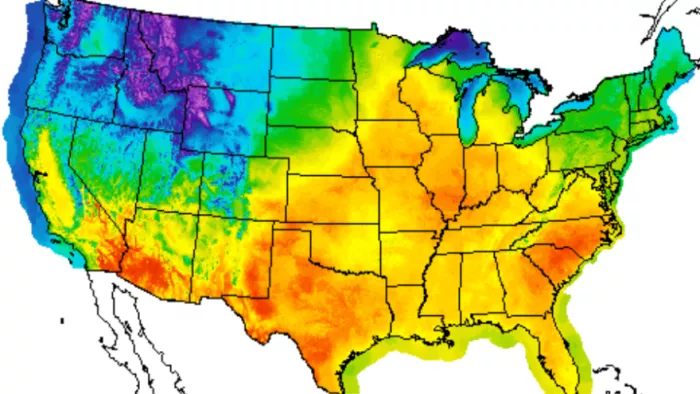Record high temperatures continue to sweep the areas near the Mississippi River Basin in the southwest of the United States, which has boosted energy demand over the weekend. People begin to use air conditioners to cool their homes It is predicted that the hot weather will spread to Chicago and the Great Lakes region at the beginning of this week. Bob oravec, senior weather forecaster of the U.S. weather forecast center, said that last Saturday, temperatures in 27 areas in the western United States reached local one-day highs or flat, many of which occurred in Texas.
On Sunday, high temperatures continued to spread in most parts of the region. On Monday and Tuesday, high temperatures are expected to spread along the eastern and northern parts of the Mississippi River basin to the Great Lakes region.

"The whole south of the United States will be very hot," oravec said "This is a fairly standard heat wave pattern. A large area of high temperature and pressure extends from the central plain to the southwest."
High temperatures have sent electricity demand soaring across the southwestern United States and Texas. At present, Houston has opened a cooling center for residents without cooling facilities at home. At the same time, all localities have issued high temperature warnings.
The National Weather Service said that the temperature in Las Vegas reached 109 degrees Fahrenheit on Saturday for the second consecutive day, equalling the records set in 1940 and 1956. It is expected that the reading on Sunday will reach 106 degrees Fahrenheit. Denver equalled the record on Saturday with a temperature of 109 degrees Fahrenheit. In addition, the temperature in Dallas reached 103 degrees Fahrenheit on Saturday, equalling the record set in 1911. The temperature at Houston's hoby airport recorded 97 degrees Fahrenheit. It is expected that the temperature will reach 100 degrees Fahrenheit on Sunday. Temperatures in Dallas are expected to reach 97 degrees Fahrenheit on Sunday.
According to the website of the Electric Reliability Council of Texas, which manages the state's electricity, the Council expects a record demand for electricity late Sunday.